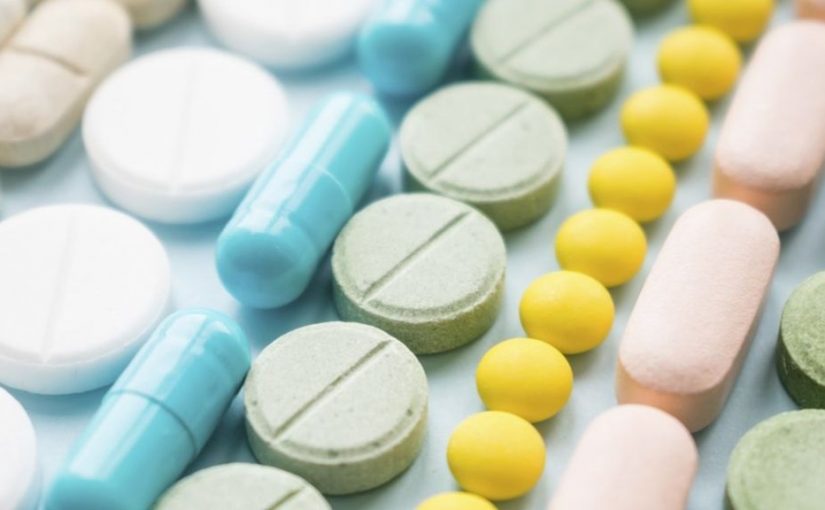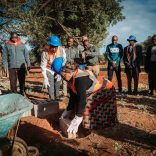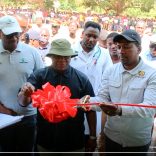Adapting to climate change, opportunities for young people and cultural exchange: German ...
12 per cent of medicines in Mozambique are fake

in file CoM
According to the Mozambican health authorities, 12 per cent of the medicines on sale in the country are counterfeit, and are thus a danger to public health.
The percentage of counterfeit drugs in Africa can reach 30 per cent, while the average across the globe is 10 per cent.
The Permanent Secretary in the Health Ministry, Zacarias Zindoga, announced these figures in Maputo on Wednesday, at the close of a project on “Promoting the Quality of Medicines”.
“Adulterated and low quality medicines are a serious public health problem”, said Zindoga. When people take counterfeit medicines, this can result in failures in medical treatment, lead to microbial resistance, and even cause the death of the patient – and this could damage the trust of users in the Mozambican health service.
Zindoga urged the Ministry’s cooperating partners to continue defending public health, by guaranteeing the quality of medicines sent to Mozambique.
He recognised that no country is immune to the menace of counterfeit medicines, and the risks are particularly high in countries with defective systems of control, regulation and inspection.
Zindoga mentioned the law on medicines, vaccines and other biological products passed by the Mozambican parliament, the Assembly of the Republic, in 2017. This set up a Regulatory Authority for Medicines, and a system to guarantee the quality of medicines.
For her part, the director in Mozambique of the United States Agency for International Development (USAID), Jennifer Adams, pointed to corruption as one of the factors that facilitates the entry into Mozambique of counterfeit and low quality medicine, which wastes the government’s limited resources, and puts the lives of Mozambicans at risk.
This should never happen, stressed Adams, adding that no doctor should be obliged to supply poor quality medicines to patients.
To end the threat posed by counterfeit drugs, Adams called for increased investment in the Mozambican health system, and the introduction of sustainable local changes, which promote resilience.
She stressed USAID’s support for Mozambique’s National Quality Control Laboratory. The laboratory employs 15 technical staff, who are trained to use state-of-the-art equipment to test the quality of medicines used in Mozambique.












Leave a Reply
Be the First to Comment!
You must be logged in to post a comment.
You must be logged in to post a comment.